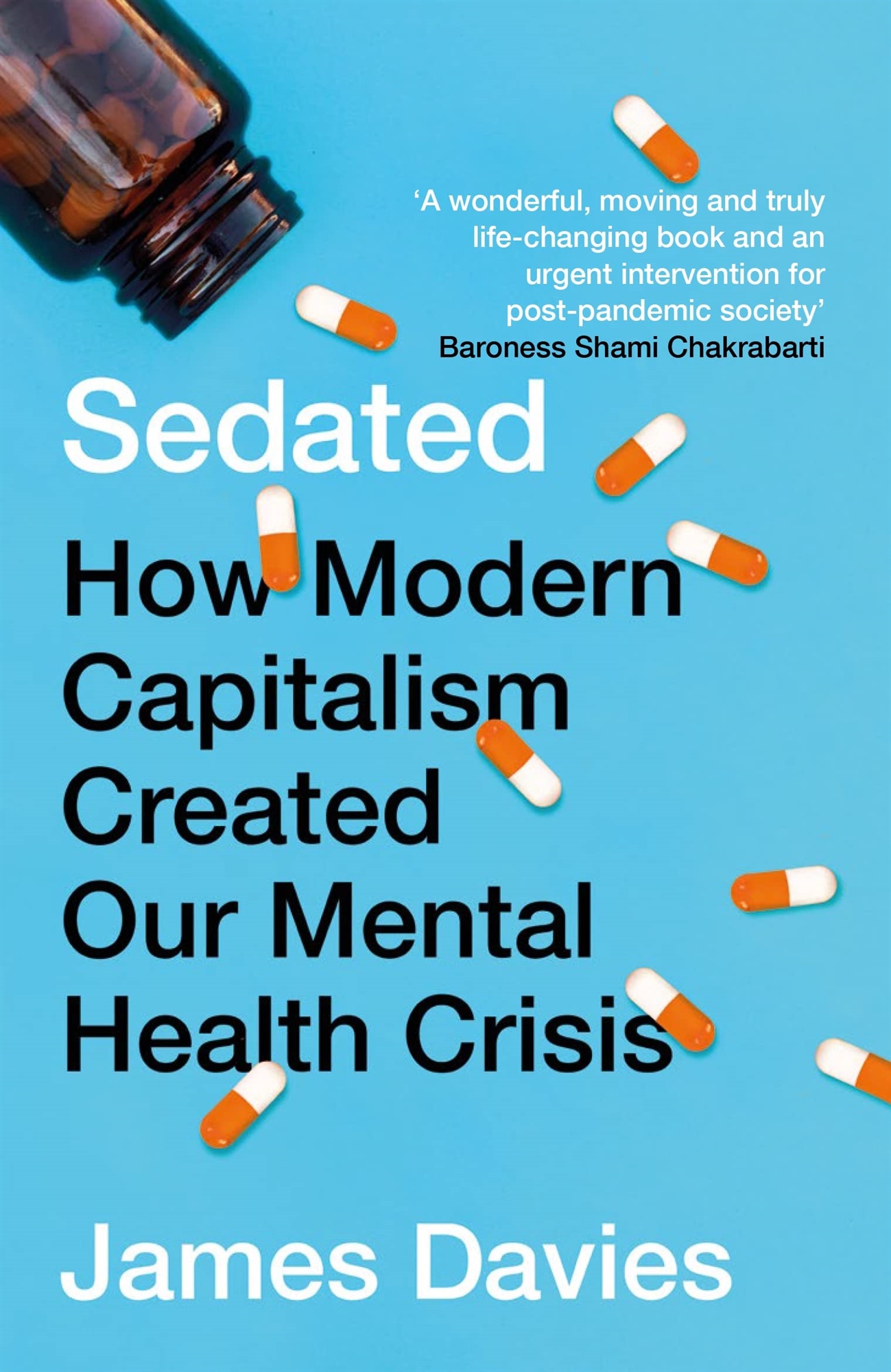Expert warns of mental toll of social media

Is the addiction caused and fueled by social networks a new “drug”? How has the digital world changed our social and mental lives? Answers to these questions are sought by Dr James Davies, an associate professor of medical anthropology and psychology at the University of Roehampton in London.
In his recent work “Sedated: How Modern Capitalism Created Our Mental Health Crisis,” Davies attempts to explain why, while the progress in all areas of health has been spectacular, in mental health things are stagnant, if not worse than 40 years ago. Davies spoke to Kathimerini about this and other issues.

In your book, “Sedated,” you outline how Western societies misunderstand the true causes of mental illness. How did you come to this conclusion?
I really came to the conclusion by way of trying to solve a dilemma. And the dilemma was: when we look at medicine, we see that the outcomes have improved significantly over the last four decades in all areas, bar one, mental health. When we look at that area, not only have outcomes broadly flatlined over that time period, but according to some measures, they have actually got worse. Since the 1980s, for example, the efficacy of psychiatric drugs has not improved despite billions spent on research and marketing, and promotion. At the same time, mental health disability rates have almost trebled in recent decades, while the prevalence of mental health problems has risen significantly, despite levels of general well-being in the community, not necessarily getting worse.
‘We replace the hard work needed to build real-world intimacy with the lure of the instant gratification of this virtual high’
One of the mechanisms that have enabled this failing system to continue, to thrive is something I call “depoliticizing” suffering. In other words, it conceptualizes suffering in ways that protect the current economy from criticism by reframing suffering as rooted in individual rather than social causes. And this favors individual rather than social and economic reform. Our system is very good at privatizing suffering. In other words, it redefined individual mental health in terms that are consistent with the goals of the economy. So, health is defined as comprising those feelings and values, and behaviors that are that serve economic growth, increased productivity and cultural conformity, irrespective of whether or not these are actually good for the individual and the community.
How does the use of social media and digital interaction with third persons affect our mental health?
We have all heard about the emotional harms of online bullying and harassment. We also know that nearly 60% of US teenagers now report having experienced some kind of online harassment or bullying. We have also heard about excessive screen use. Half of US teenagers report almost constant use of the Internet which is associated with poorer mental health. Furthermore, the kind of mindless scrolling that characterizes a lot of this screen use is significantly diminishing our capacity to engage in any kind of focused attention that is absolutely essential, for example, for academic achievement. This is becoming so widespread that we could now consider it a social problem.
We have also heard about the damaging emotional effects of comparison culture on social media, where we are almost doomed to continually compare ourselves unfavorably to the so-called wonderful lives that everyone else is posting. Social media is teaching an entire generation, and I would call it the “Insta” generation, that one of the most important occupations in life is manufacturing an attractive and alluring online self-image. The acute danger for the “Insta” generation, however, is that the cultivation of image is now being mistaken for the cultivation of character. Instead of working to develop helpful and laudable personal qualities, we are instead expending great energy on honing our online self-portrait.
Based on these claims, are we becoming slaves to “likes”?
If I wake up to discover my tweet has gone viral, I have got thousands of likes. I have got thousands of retweets. The dopamine hit is immediate. I feel validated. I feel popular. I feel relevant. I am riding “high.” So, I go back and tweet again the next day. But now I do not get anything back. There are no “likes.” I go flat. I feel low. What is the solution? Well, to pursue my next hit by tweeting myself back into the center of the world. Therefore, “likes” in this sense are a kind of new kind of virtual narcotic, a cheap and legal “high” that we increasingly pursue to bolster our self-esteem. “Likes” tap into our innate need for social acceptance and approval in our social status reward system. But the trouble is the addictive nature of “like” culture, which makes the mild pleasures and gratifications of our real-world-social interactions feel less satisfying. Accordingly, we replace the hard work needed to build real-world intimacy with the lure of the instant gratification of this virtual high. And I think that is the problem with this pursuit of online status. It is affecting our capacity to build relationships in the real world.






